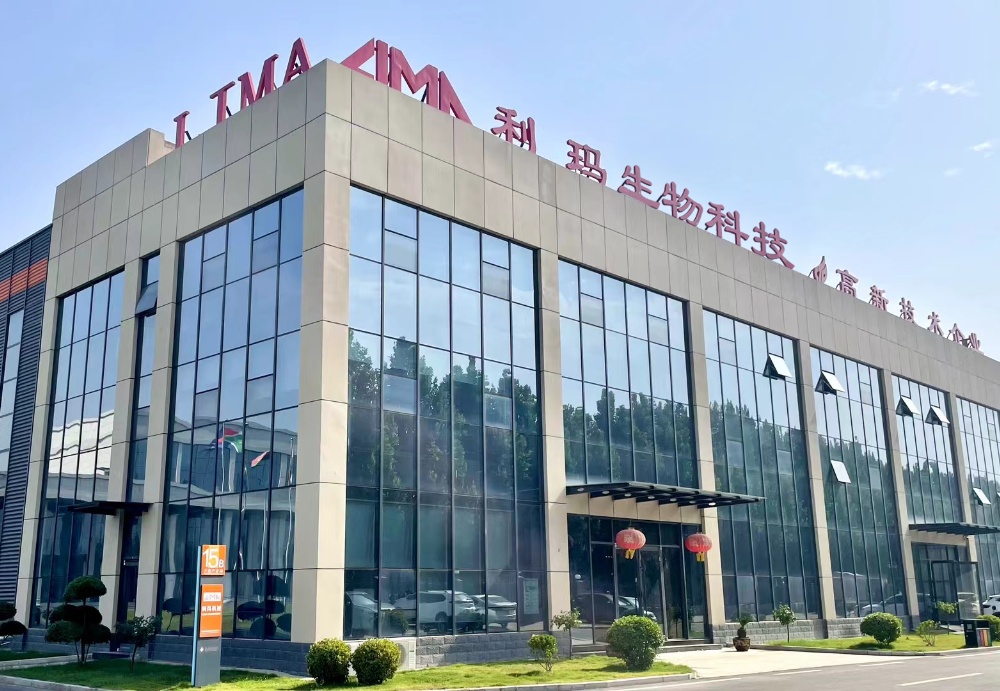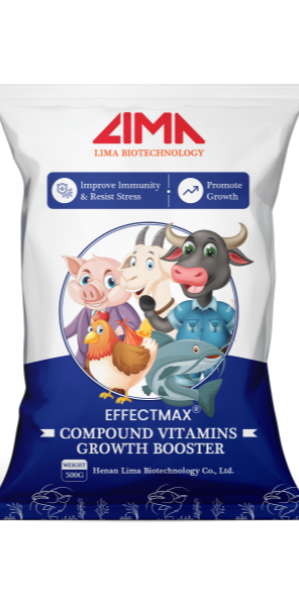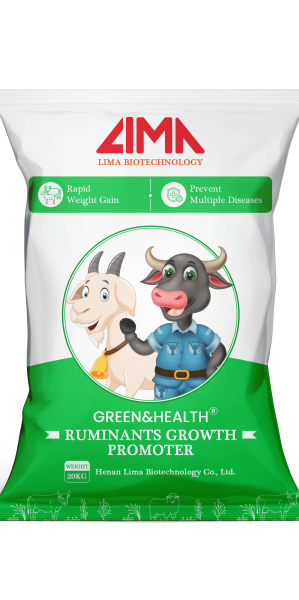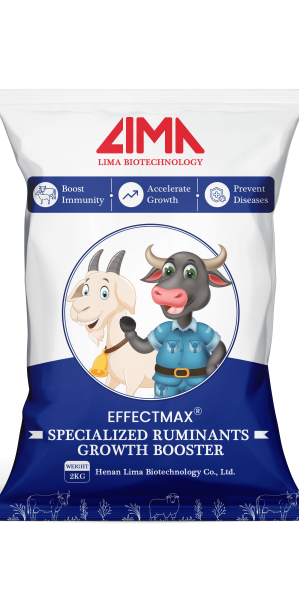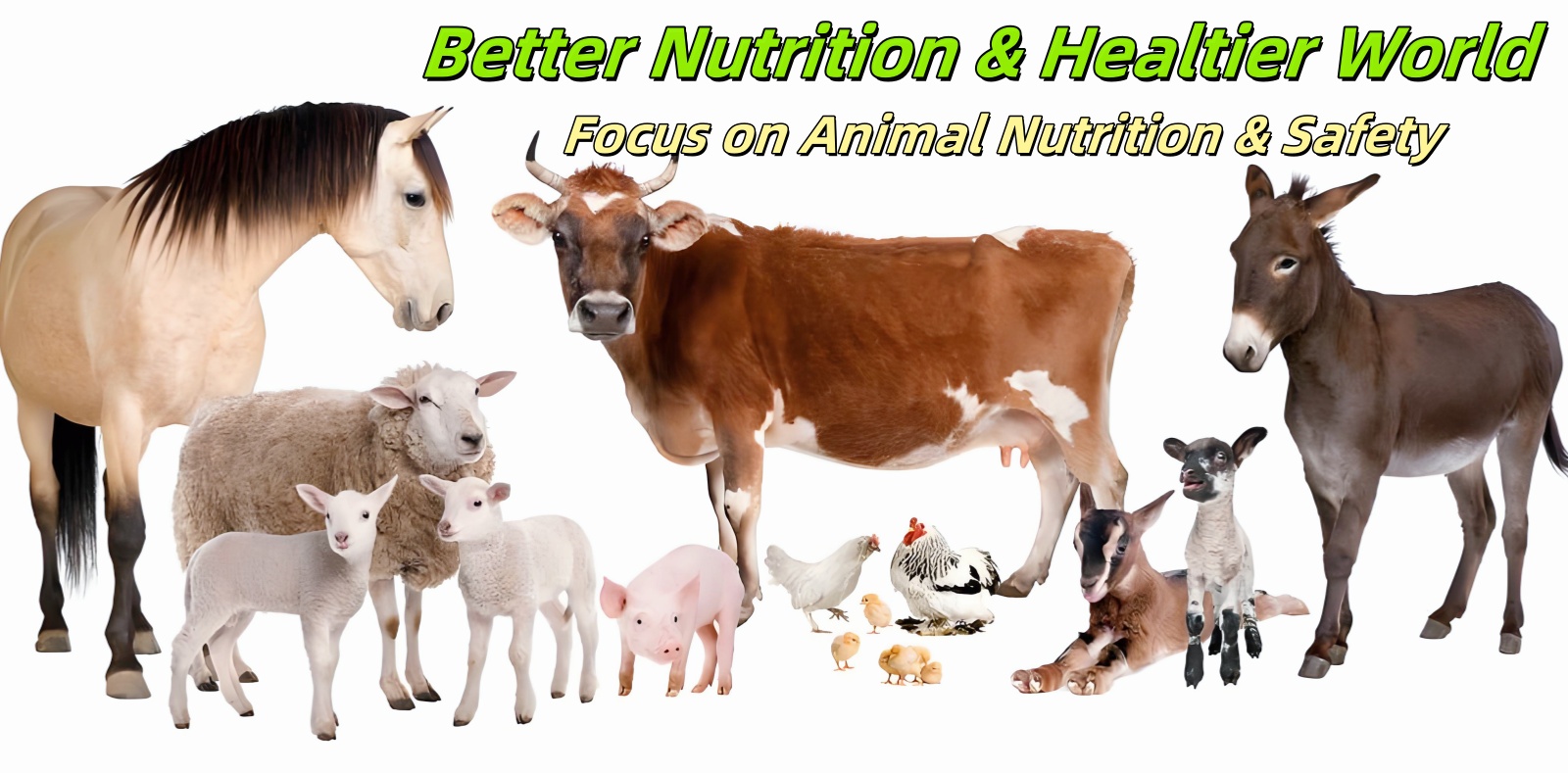Maternity care of cows is a delicate work, requiring careful observation and patient care of farmers, a little negligence may appear a variety of problems, affecting the entire breeding programme. One of the problems that often occurs is that cows don't give milk. So what exactly causes cows not to give milk, and what are the best ways to solve it, are answered below.
What are the Stages of Milk Production in Cows?
The process of milk production in dairy cows can be divided into three stages: lactation, peak and stabilisation.
Lactation: After giving birth, the mammary glands of cows start to secrete milk, and this period is called lactation. During this phase, the cow's milk production gradually increases and usually reaches its peak in the 3rd-4th week after parturition.
Peak Period: In the latter part of lactation, the cow's milk production reaches its highest point, which is called the peak period. During this phase, cows can produce 30-40kg of milk per day or even more.
Stabilisation Period: After the peak period, the cow's milk production gradually stabilises at a lower level and this period is called the stabilisation period. In this stage, the cow's milk production is not as good as in the peak period, but still remains at a relatively high level.
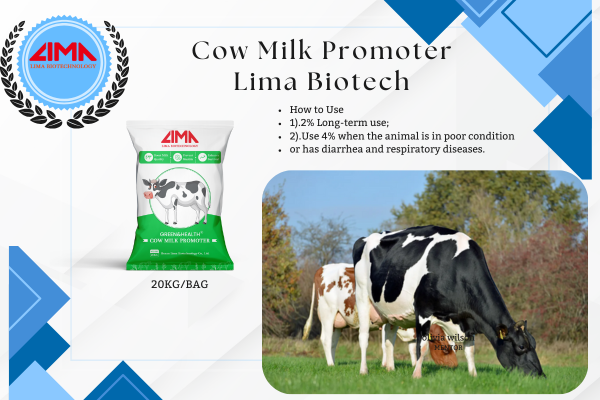
Factors Affecting Milk Production in Cow
Poor Nutrition
As we all know, women who are sitting on the moon need to be well taken care of, and usually we will instruct pregnant women to eat more nutritious food for the sake of their children. The same is true for cows, if they are malnourished during pregnancy, not only will they produce less milk, but the calves will also be prone to poor health and illness.
Therefore, during the whole pregnancy, we have to give some nutritious concentrate feed to the cows, and at the same time, we suggest mixing with, supplementing a variety of vitamins, proteins, minerals, and a variety of probiotics, regulating the cow's qi and blood, promoting feeding, and boosting the effect of milk is very good.
Dairy Inflammation
For cows that have just finished giving birth, the cold and wet environment of the cow's pen, uncleanliness, and the scratching of the udder during milking can cause inflammation of the udder, resulting in the cow not giving milk and the quality of the milk is poor.
Therefore, during the period of pregnancy and labour, we must ensure that the temperature of the pens is suitable, dry and warm, and give the cows a lot of warm water, so as not to irritate the udder and infected with inflammation.
For the udder inflammation caused by not milk, we can udder anti-inflammatory sterilisation, and then adjust the reproductive system of the cow, prompting the cow to give milk.
Poor Digestion
If the cow eats some roughage or mouldy or frosty feed during pregnancy, it will damage her stomach and cause indigestion, and she can't absorb enough nutrients for milk production. In order to avoid this situation caused by the milk, recommended that farmers eliminate mould, adjusting the cow's stomach and intestines, to promote the absorption of nutrients, to protect the quality of milk production.

How to Prevent Lack of Milk in Cows:
Ensure Adequate Nutrition
Cows require a lot of energy and nutrients to produce milk, so it is important to provide adequate nutrition to meet their milk production needs. You can ensure that your heifers are getting the full range of nutrients by, for example, adding MultiVitamin Tabs to their feed.
Rationalising the Feed Mix
In order to increase the cow's ability to produce milk, the feed she eats should be matched appropriately. Depending on the stage of growth and milk production, a variety of feeds can be used to increase the diversity and nutritional value of the feed.
Increase Exercise
Increase the amount of exercise for heifers through proper exercise and grazing. Exercise helps to promote blood circulation and metabolism, thus increasing the cow's milk production capacity.
Pay Attention to Disease Prevention and Control
During daily feeding, the environment of the heifer enclosure should be kept hygienic and clean to prevent the breeding and spreading of germs. At the same time, check the health condition of heifers regularly and take necessary preventive measures.
Cow Milk Promoter Solution to Increase Milk Production
The key to improving milk production in dairy cows is scientific nutritional management and a high quality feed supply. Combined with the animal additive and premix solutions offered by Lima Biotech, the following are some effective strategies:
Continuous Feeding and High Quality Pasture
Continuous feeding: Ensure that cows have a feed supply for 22-23 hours per day to avoid empty feed troughs. Push feed every 2-3 hours and clean the trough regularly.
High quality forage: Choose uncontaminated high quality forage as the base feed. High quality forage not only improves feed intake but also maintains nutritional integrity.
Precise Nutritional Supplementation
Crude Protein and Amino Acid Balance: Adjust the crude protein content (15-17% dry matter) according to the stage of lactation and ensure adequate supply of key amino acids such as lysine and methionine.
Lima Biotech Cow Milk Promoter: optimise the nutritional content of the feed. For example:
Vitamin and mineral premixes: Supplement cows with micronutrients to support metabolic health and milk production efficiency.
Probiotics and enzymes: improve digestion and absorption, reduce nutrient wastage and boost immunity.
Amino Acid Balancers: Precise supplementation of lysine and methionine to avoid cost and productivity problems associated with excessive protein intake.
Health Management and Environmental Optimisation
Health monitoring: Regularly check the health of cows to prevent diseases and ensure normal lactation function.
Comfortable environment: Provide clean, well-ventilated accommodation to minimise the negative impact of stress on milk production.
Milking and dry period management: Follow best milking practices and arrange the dry period to ensure cow recovery and efficient production in the next lactation.
Integrated Nutrition Programme
Combine Lima Biotech's specialised products and services to create a personalised nutritional programme:
Customised premixes: adapting the formula to the specific needs of the cow.
Technical support and consultancy: nutritional analysis and optimisation recommendations using
Lima Biotech's professional team.
Lima Biotech Cow Milk Promoter have begun to balance amino acids to combat methionine and lysine,deficiencies and prevent protein overfeeding. A feed with a balanced amino acid profile can improve milk production and milk composition. Working with a Lima nutritionist can help ensure that your feed ration has the correct ratio of lysine to methionine, allowing your cows to reach their full production potential.
- About Lima Biotech
- Careers-Lima Biotech
- Code of Conduct-Lima Biotech
- Conditions of Sale-Lima Biotech
- Contact-Lima Biotech
- Cookies Policy-Lima Biotech
- Find Agent-Lima Biotech
- Investor Relations-Lima Biotech
- Legal Information-Lima Biotech
- Privacy Policy-Lima Biotech
- Success-Lima Biotech
- Sustainability-Lima Biotech
- World Class Manufacturing-Lima Biotech













